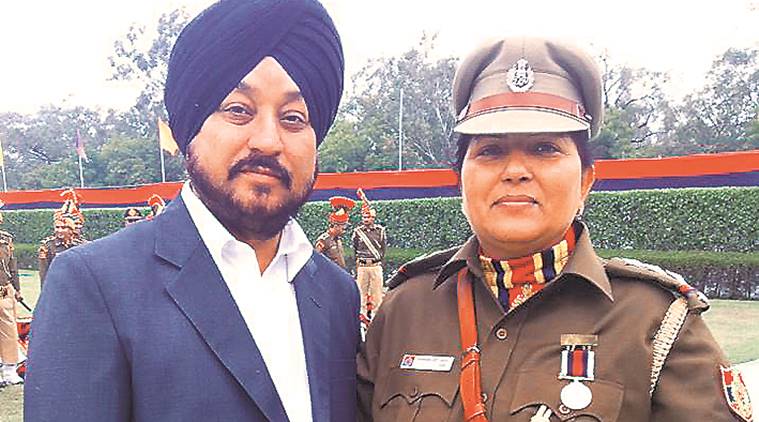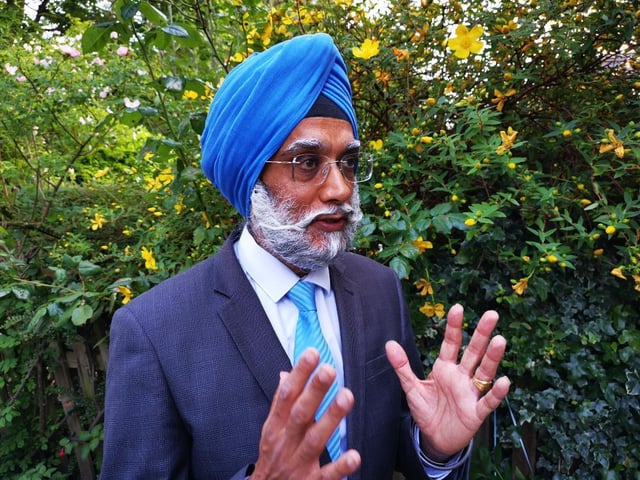Sardar Bajinder Singh : Khairuddin Mosque 's Rare Supporter in Amritsar
Link:https://tribune.com.pk/story/2245685/1-khairuddin-mosque-rare-supporter-amritsar/
Khairuddin Mosque,Amritsar
With animosity
against Muslims growing in India, it is rare to find an ally. One such
individual is Sardar Bajinder Singh. Against all odds, he has been serving
as a volunteer at the Khairuddin Mosque.
Better known as Jama Masjid, the Khairuddin Mosque is
nestled in the heart of Amritsar, which is roughly 29 kilometres away from the
Wagah border that divides India and Pakistan.
Singh’s journey started four decades ago. A
greengrocer, Singh, has spent much of his life near the 18th-century mosque,
helping Muslim worshipers. “I’m passionate about helping my Muslim
brothers at their place of worship,” said the 62-year-old man.
Singh is so dedicated he never leaves town. And, if, for
some reason he does, he makes sure his son takes care of his responsibilities
at the mosque. “I can’t imagine staying away from the mosque for too long,”
said Sing
The service at the mosque, he said, has been part of his
life since the 1980s. “I’ve dedicated a major portion of my life to this
service,” Singh claimed. During his time at the mosque, Singh
ensures that the worshipers are comfortable. “I take care of their shoes
outside while they are offering their prayers inside,” said Singh.
According to his family, not a day goes by without him
visiting the mosque. The faithful at the mosque, know him as Bhaji
(brother). On days when Singh is unable to visit the mosque, his sons fill in
for him. “My sons, Baldev Singh and Varinder Singh, fill in for me if I’m out
of town or unable to be there for the Friday prayers,” said Singh, who is also
known as Sardarji by worshipers at the Khairuddin Mosque.
Religiously, each Friday, Singh claimed, he closes his shop so he can be at the mosque.
Religiously, each Friday, Singh claimed, he closes his shop so he can be at the mosque.
When asked what does he get out of this service, Singh
said, I find peace in serving my Muslim brothers. “I don’t ask for anything. In
return, the worshipers offer kindness and love to me,” he said.
Singh is not the only non-Muslim who serves at the
mosque. Ajay Kumar Mahajan, a shop keeper across the mosque, is
responsible for its security. “I make sure mosque is safe and protected between
9am and 9pm each day,” said Mahajan.


“I have never seen any person
with so much selfless devotion in my life,” Imam of Jama Masjid Maulana Hamid
Hussain said.
Link:https://tribune.com.pk/story/2245685/1-khairuddin-mosque-rare-supporter-amritsar/

























.jpg)
